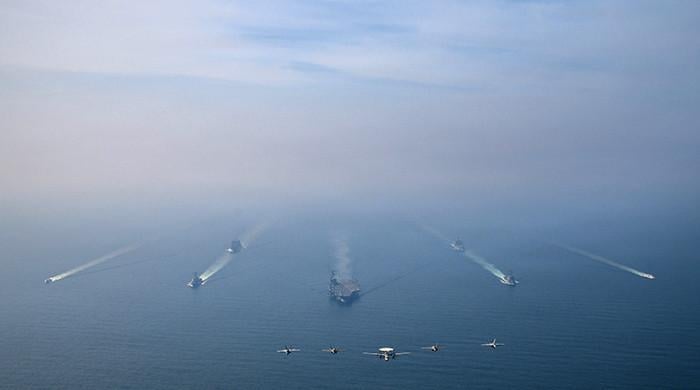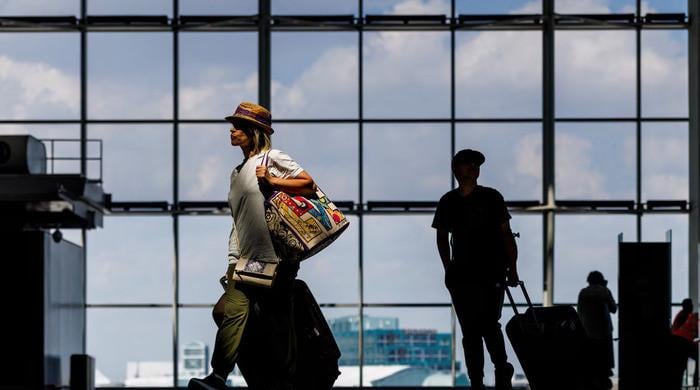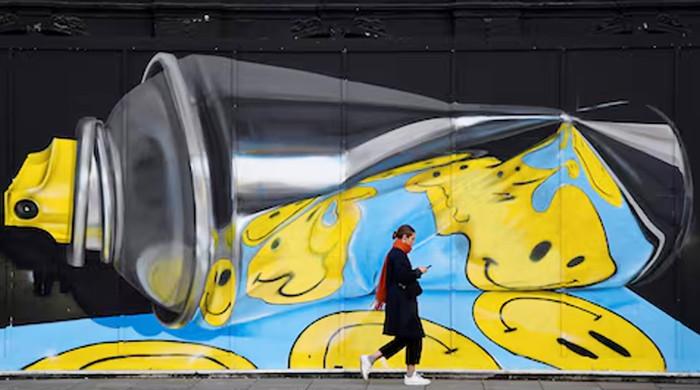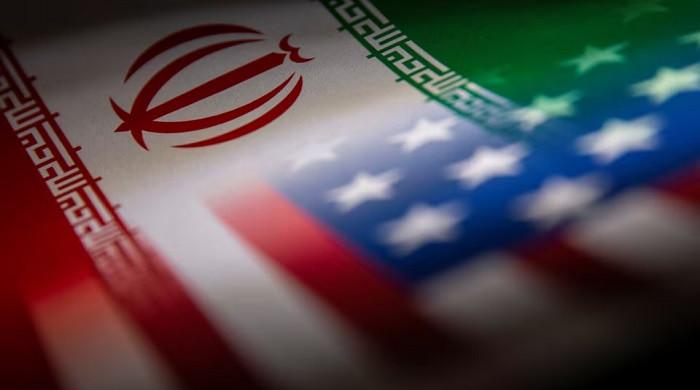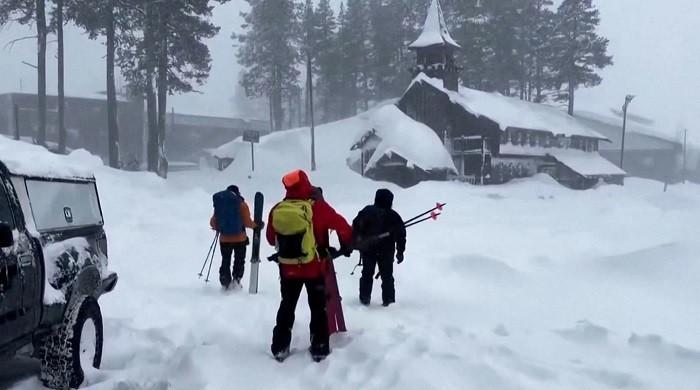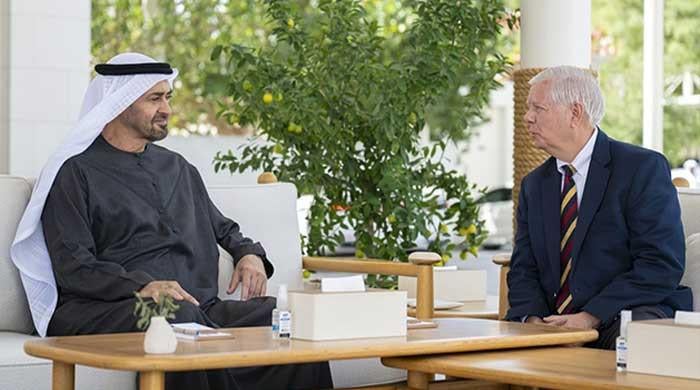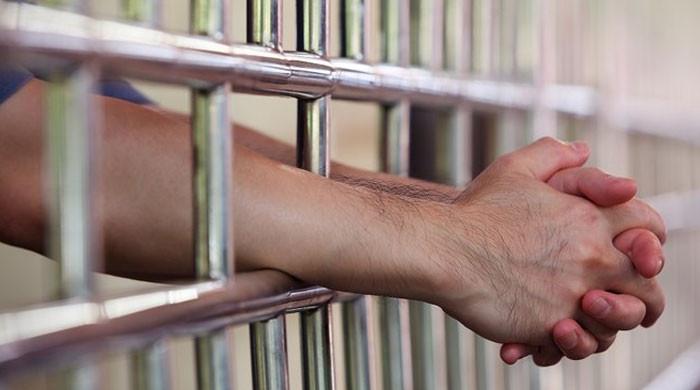'In Kashmir, everyone's battling Indian oppression except local media'
While Kashmiris stand firm in the face of Indian tyranny, the local press has folded without even offering a hint of a fight
August 05, 2020
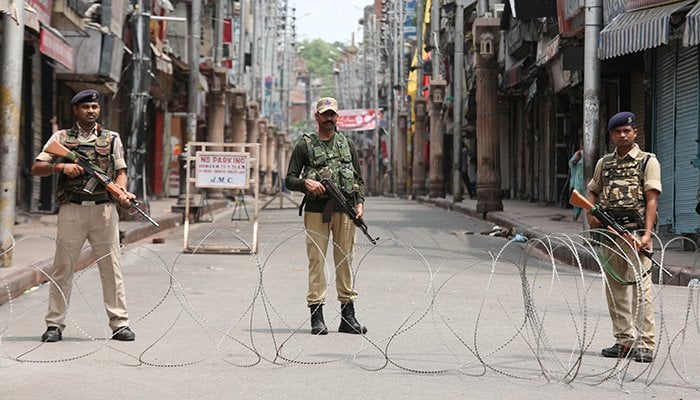
I have been a part of the media fraternity in Indian-occupied Kashmir for a significant amount of time. Ten years to be exact. But never in the past have I witnessed the kind of criminal silence as is being exhibited today by my colleagues.
Everyone in the valley, young and old, has resisted the authoritarian manoeuvers of the BJP-led Indian government. Everyone, except Kashmiri journalists.
The story of the local press in Kashmir after August 5, 2019, is of complete and unconditional surrender to the state.
This was not always the case. In the past decade, despite being subjected to severe pulls, pressures and coercion, the media had still managed to portray the political realities. It reported on conflict stories, often narrating the pain and sufferings of the Kashmiri people.
But not anymore.
My friends seem to have forgotten their role, which is to present the truth to the powers that be.
As soon as Kashmir’s autonomy was scrapped last August, the right-wing BJP-led dispensation imposed severe curbs in the valley. Thousands of dissenters, including (formerly) pro-Indian leaders, pro-freedom activists, lawyers, businessmen and protesters, were arbitrarily detained.
Three chief ministers, who spent their lives advocating the Indian state's cause in Kashmir, were also put under house arrest. Majority of the detainees were banished to jails in India to keep things 'under control'.
The means of communication were blocked to ensure no stories make it out of the valley. In the absence of the internet, the only source of information for IoK residents was local newspapers.
With that being the equation, the press had a huge responsibility, but it chose to look the other way. It willfully collaborated with the BJP. It opted for self-censorship even when there were no clear diktats issued by the government. Only handouts and press releases from the state made it to the local broadsheets. Not surprisingly, most news reports — if you can call them that — eulogised the benefits of removing provisions of Article 370.
Newspapers also stopped writing editorials to avoid upsetting the men in power.
When Kashmir was reeling under lockdown, curfew, communication blockade and state-sponsored arrests, the press was publishing opinion pieces on literature, on how to heal back pains, and why eating vegetables is good for the health.
At a time when the local media should have been telling stories of oppression, it instead became a mouthpiece of the government.
The number of protests in the month of August 2019 alone far exceeded the protests in the entire 2018 and 2017, as revealed by a Right to Information Act query recently. Still, not a single protest was reported.
Seven people were killed and scores injured. That wasn't even deemed newsworthy enough to warrant a back page brief.
If it wasn’t for the foreign media, the world would never have known of the Indian government's tyrannical rule.
Meanwhile, foreign reporters risked their lives to cover pro-freedom protests, arbitrary detentions and torture — even on children.
If my colleagues insist that they did not have the resources to report, I want to ask them why they did not just lift these stories from the international press and publish them with due credit?
Why, I ask them, did you instead choose to run rebuttals to the stories?
I remember a boy was hit by pellets during a demonstration. He died. The foreign press immediately reported the tragedy and fact-checked the police’s claim that the boy died due to a stone thrown by another protester.
They pulled out his medical records and proved that the boy was "killed" by the police. The local press, on the other hand, ran statements from [Indian] Home Minister Amit Shah, who insisted that no life was lost due to police firing.
Why are most Kashmiri journalists complicit? One reason is that the Jammu Kashmir information department is stuffing their pockets with government adverts.
These 'silent' dailies serve as tools for the state, which circulates local newspapers amongst foreign diplomats as 'proof' that everything is hunky-dory in Kashmir.
Apart from the police, the information department is also closely monitoring newspapers to ensure no one gets too ambitious.
Recently, an Urdu daily dared to run a small news item on the pro-freedom protests. The very next day the newspaper was taken to task. Its ownership was quickly called in for questioning.
Later, when the same publication ran a state propaganda piece on the back page rather than the front, its advertisements were pulled.
Then there is the matter of authorities' labelling of journalists as “pro-Pakistani”.
The grapevine has it that the government ads are now doled out to newspapers according to their level of “Indian-ness”.
Recently, some local newspaper owners met foreign diplomats, including the US ambassador to India, in Srinagar. Surprisingly, they told the envoys that the government-imposed lockdown and restrictions were necessary to keep things in check.
They also went as far as to recommend Nobel peace prizes for Indian Prime Minister Narendra Modi and Shah (the home minister).
As for those who dare to speak up, they are hunted down and tortured. Journalists Azaan Javaid and Anees Zargar were beaten in broad daylight while covering a protest staged by college students in Srinagar. Policemen were caught on camera assaulting the reporters.
When the torture is not literal, it is financial: several reporters have been fired for defying their bosses and not toeing the line.
Annoyed by the scathing reportage in international press post-August 5, the Intelligence Bureau compiled a list of Kashmiri reporters who had contributed to international media and went after them. They knocked on the doors of local newspaper offices, openly inquiring about the reporters. It was done to instil fear and warn journalists that if they continued to tread the same path, they will face consequences.
In the past three years, the National Investigation Agency, India’s security agency, has branded any portrayal of truth in Kashmir as 'terrorism'. A local photojournalist was booked under terrorism charges for not doing 'good' journalism.
This move to bring Kashmiri journalism into subservience aims to block information to both local and international audiences. But my question to my fellow journalists is, will you break the shackles?
Because history, my friends, will never forgive you.
The author is based in Kashmir. Their identity has been withheld due to safety concerns. Originally published by Geo.tv in January 2020.




